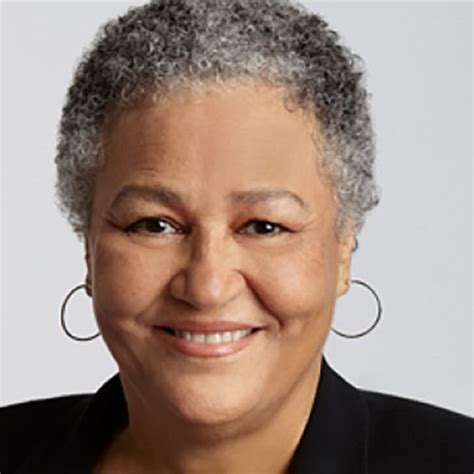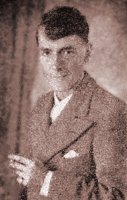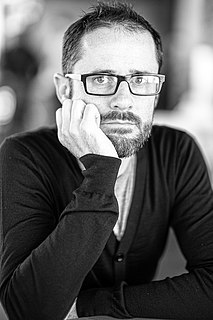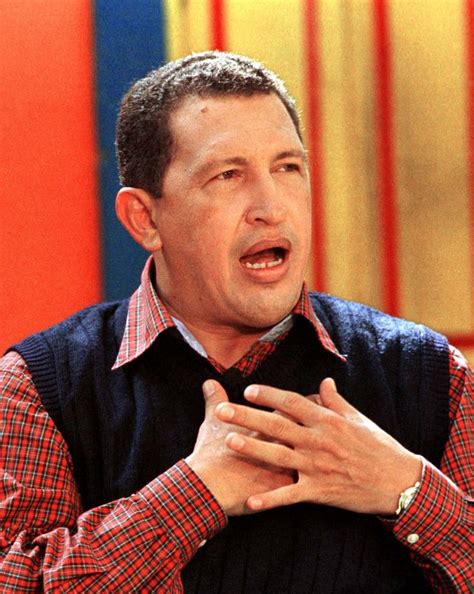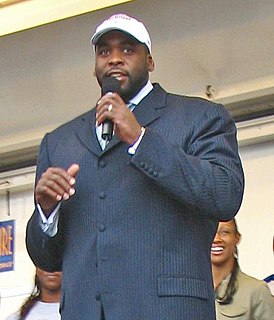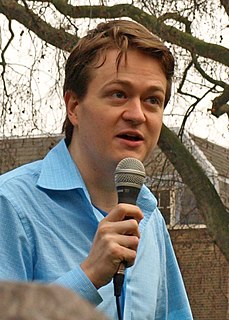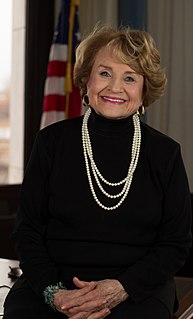A Quote by Michelle Alexander
The bigger picture is that over the last 30 years, we have spent $1 trillion waging a drug war that has failed in any meaningful way to reduce drug addiction or abuse, and yet has siphoned an enormous amount of resources away from other public services, especially education.
Related Quotes
We have now spent 1 trillion dollars waging the drug war since it began. A trillion. Those funds could have been used for education, jobs and drug treatment in the communities that needed it most. We could have used those funds for our collective well being, instead those dollars paved the way for the destruction of countless lives, families, and dreams.
Now take a look at the way the Drug War is conducted over the past 40 years. It goes back farther, but start from 40 years ago: There's very little spent on prevention and treatment. There's a lot on policing, a ton of stuff on border control and a lot on out-of-country operations. And the effect on the availability of drugs is almost undetectable; drug prices don't change on measures of availability. So there are two possibilities: Either those conducting the Drug War are lunatics, or they have another purpose.
The federal war on drugs is a total failure... The federal government's going in there and overriding state laws... Why don't we handle the drugs like we handle alcohol? ... I fear the drug war because it undermines our civil liberties. It magnifies our problems on the borders. We've spent over the last 40 years a trillion dollars on this war and - believe me - the kids can still get the drugs. It just hasn't worked.
By characterizing the use of illegal drugs as quasi-legal, state-sanctioned, Saturday afternoon fun, legalizers destabilize the societal norm that drug use is dangerous. They undercut the goals of stopping the initiation of drug use to prevent addiction.... Children entering drug abuse treatment routinely report that they heard that 'pot is medicine' and, therefore, believed it to be good for them.
[T]he truth is that drug addicts have a disease. It only takes a short time in the streets to realize that out-of-control addiction is a medical problem, not a form of recreational or criminal behavior. And the more society treats drug addiction as a crime, the more money drug dealers will make "relieving" the suffering of the addicts.
The opposite of addiction is human connection. And I think that has massive implications for the war on drugs. The treatment of drug addicts almost everywhere in the world is much closer to Tent City than it is to anything in Portugal. Our laws are built around the belief that drug addicts need to be punished to stop them. But if pain and trauma and isolation cause addiction, then inflicting more pain and trauma and isolation is not going to solve that addiction. It's actually going to deepen it.
There is a safe, nontoxic drug called naloxone that can instantly reverse opioid overdose and prevent most of these deaths. But the drug war interferes with saving overdose victims in two ways: first, because witnesses to overdose fear prosecution, they often don't call for help until it's too late. Second, because the drug war supports the belief that making naloxone available over-the-counter or with opioid prescriptions would encourage drug use, the antidote is available only through harm reduction programs like needle exchanges or in some state programs aimed at drug users.
While many have been left behind by Part D, there is a clear winner: the drug industry. Independent analysts predict that Part D will increase drug industry profits by $139 billion over the next eight years. Glaxo-SmithKline's second-quarter net income already jumped 14 percent, and other leading drug companies also have benefited.




